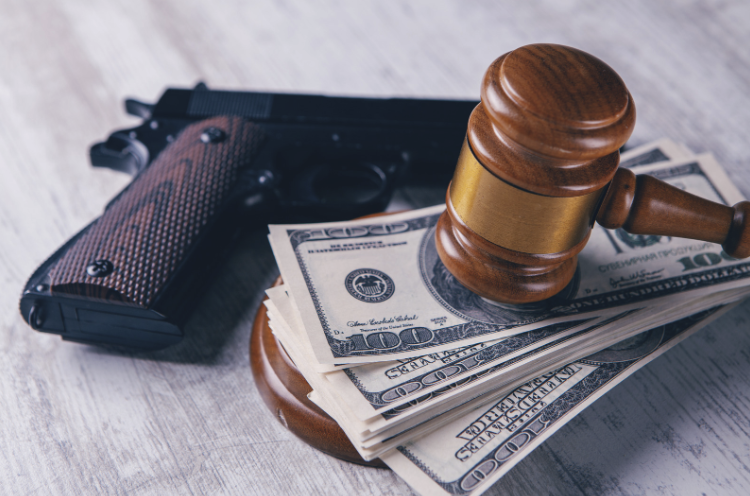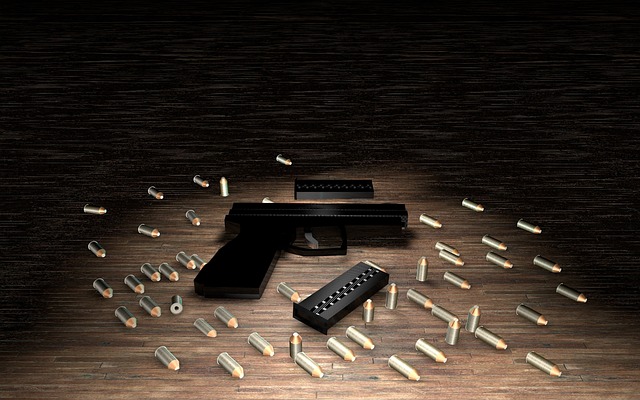Arkansas has recently made headlines with significant changes to its legislation regarding firearms and felons. The “new gun law for felons in Arkansas” has sparked extensive discussions and debates. This article will dive into the nuances of these changes, explore what it means for felons, and answer some frequently asked questions.
What Does the New Gun Law for Felons in Arkansas Entail?
The new gun law for felons in Arkansas modifies previous restrictions, offering a different approach to how felons can interact with firearms post-conviction. Here’s a breakdown of the primary components of this law:
- Eligibility Requirements: Felons may now be eligible to possess firearms under certain conditions. These include the completion of their sentence, including probation and parole, and a specified period without criminal charges, usually five years.
- Restrictions: Certain violent felony convictions still maintain a lifetime ban from firearm possession under the new gun law for felons in Arkansas.
- Process: Application for restoration of rights must be made through a court petition, which includes a comprehensive background check and a review of the individual’s conduct post-conviction.
Impact of the Law Change

The new gun law for felons in Arkansas impacts various stakeholders:
- Legal System: Adjustments in the judicial process to accommodate new applications for firearm rights restoration.
- Public Safety: Concerns about recidivism versus arguments for rehabilitation and rights restoration.
- Individuals Affected: Potential for social reintegration and personal protection rights restoration.
Table: Legal Precedents and Comparisons
| State | Law on Felons Possessing Firearms | Restoration Process |
| Arkansas | Certain non-violent felons eligible | Court petition required after 5 years |
| California | Lifetime ban for all felons | Governor’s pardon required |
| Texas | After 5 years, rights restored in home only | Automatic unless specified by court |
This table shows how the new gun law for felons in Arkansas compares with laws in other states, providing context to the broader national legal landscape.
Conclusion
The new gun law for felons in Arkansas represents a significant shift in how the state handles the rights of individuals with felony convictions regarding firearm possession. While it opens the door for many to regain their rights, it also ensures stringent checks to prevent misuse. As this law unfolds, its real-world implications on both individual rights and public safety will become clearer, making it a critical topic of continuous observation and discussion.
FAQ
Non-violent offenders who have shown rehabilitation and have stayed crime-free for a specified period post-release.
No, individuals convicted of violent crimes, such as homicide or sexual assault, are generally excluded from applying for rights restoration.
The process involves filing a petition in court, which will then review the individual’s behavior post-sentence and conduct a thorough background check.
Opinions vary. Supporters believe it aids rehabilitation by restoring rights to responsible citizens. Critics argue it could pose risks by allowing previous offenders to access firearms.
Yes, applicants can expect legal fees for filing a petition, potentially costing upwards of $1,000, depending on legal representation.



